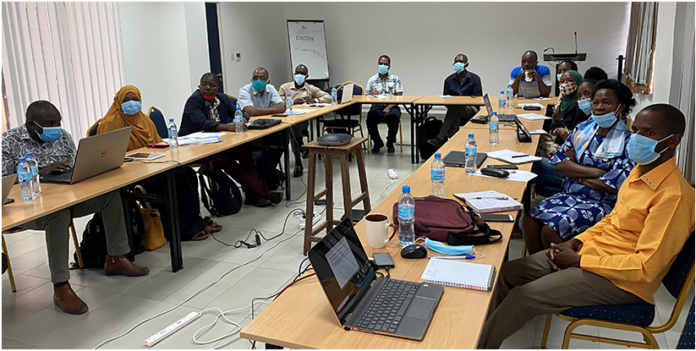Both a master’s degree and work experience can significantly enhance your chances in various fields, but which one gives you a better chance depends on several factors including your career goals, industry norms, and personal preferences.
Here’s a breakdown of the benefits of each:
Master’s Degree:
Specialized Knowledge: A master’s degree provides you with in-depth knowledge and expertise in a specific field, which can make you highly desirable for certain roles.
Credibility and Credentials: Having a master’s degree can enhance your credibility and demonstrate your commitment to your field of study. It can also open doors to opportunities that may require advanced education.
Networking: Graduate programs often provide valuable networking opportunities with professors, fellow students, and professionals in your field, which can lead to job offers and collaborations.
Career Advancement: Some careers have clear paths that require advanced degrees for progression. In such cases, a master’s degree can be essential for reaching higher levels of responsibility and salary.
Work Experience:
Practical Skills: Work experience provides you with hands-on, practical skills that can be directly applied in the workplace. Employers often value real-world experience because it demonstrates your ability to execute tasks effectively.
Adaptability: Work experience can demonstrate your ability to adapt to different work environments, handle challenges, and collaborate with colleagues. These skills are often highly valued by employers.
Industry Knowledge: Through working experience, you gain insights into industry trends, practices, and challenges, which can make you a valuable asset to employers seeking candidates who understand the intricacies of the field.
Career Progression: In many industries, career progression is based more on experience and performance than formal education. Accumulating relevant work experience can lead to promotions and increased responsibilities.
Ultimately, the importance of a master’s degree versus working experience depends on your career goals, the requirements of your desired field, and the specific job market. In some cases, a combination of both education and experience may be ideal for maximizing your opportunities. It’s essential to assess your circumstances and consider which path aligns best with your goals and aspirations.



